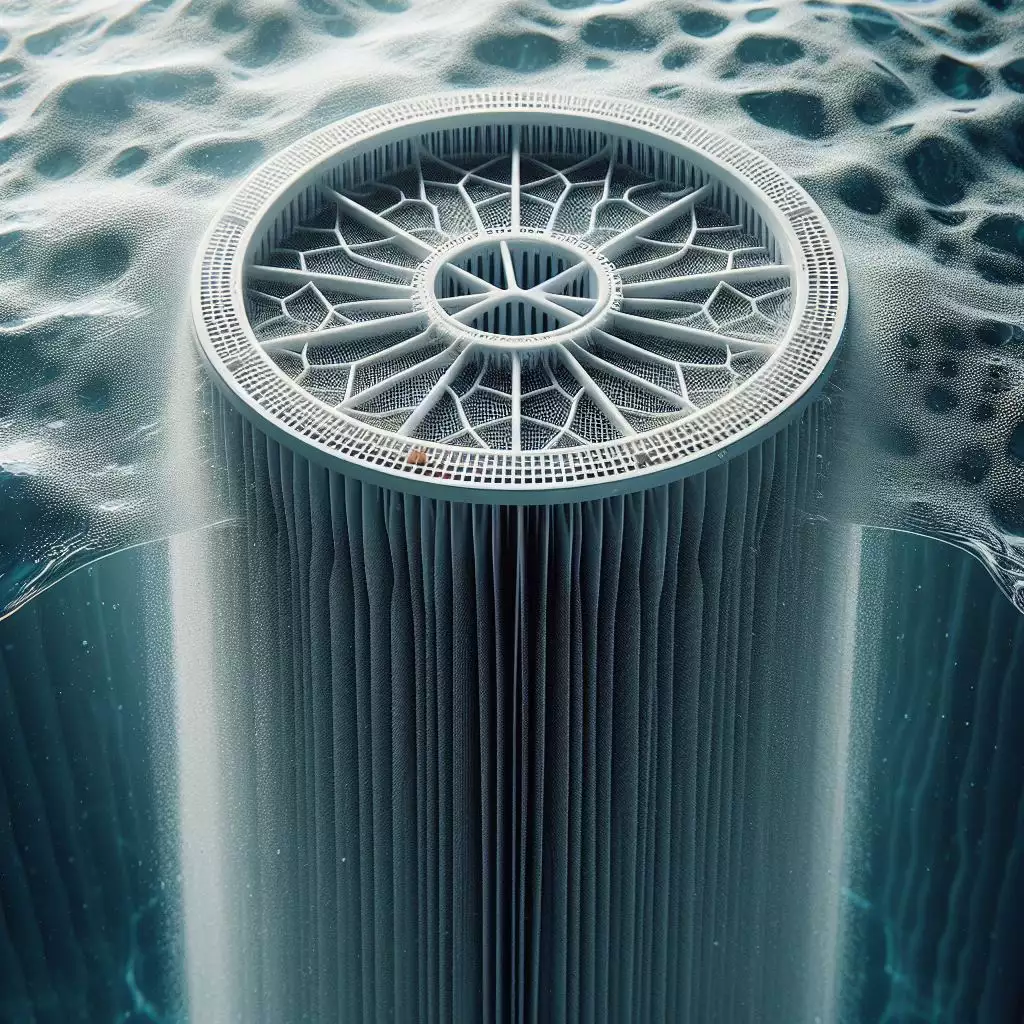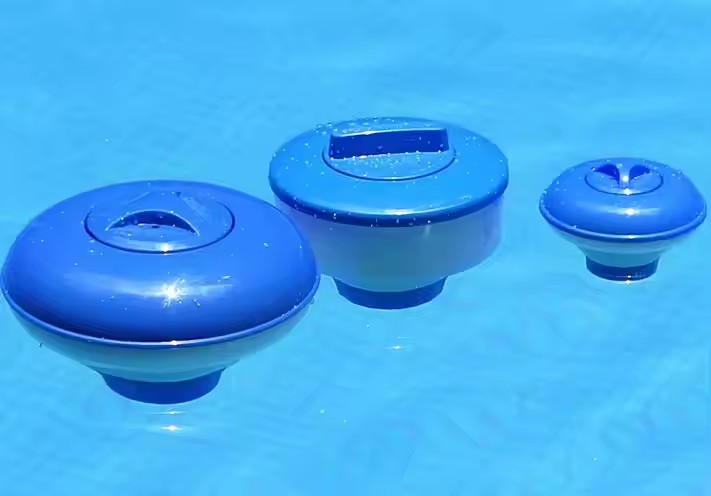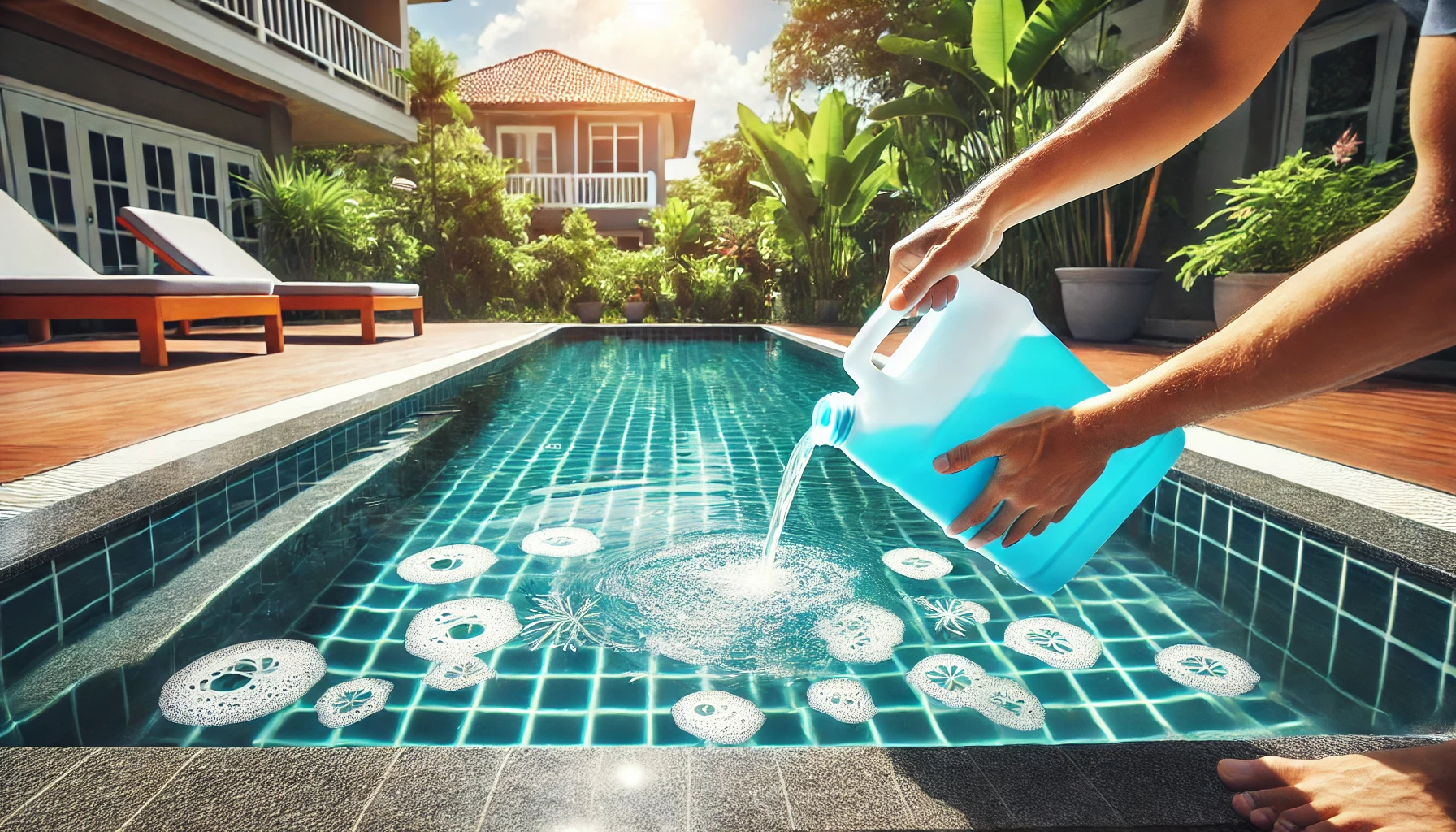Pool sand filters are essential components of swimming pool systems, responsible for maintaining water cleanliness by removing impurities and debris. These filters come in various materials, each with its unique characteristics and filtration efficiency. This article provides a comparative analysis of pool sand filters made from different materials, including silica sand, glass, and zeolite.
Silica Sand Filters
Silica sand filters are the most common and traditional type of pool sand filters. They consist of a tank filled with graded silica sand, which traps particles and contaminants as water passes through. Silica sand filters are known for their affordability and effectiveness in capturing large particles.
One of the primary advantages of silica sand filters is their ability to remove particles as small as 20-40 microns. However, they are less efficient in trapping finer particles, leading to the accumulation of debris over time and the need for frequent backwashing.
Despite their effectiveness, silica sand filters require regular maintenance to prevent clogging and ensure optimal filtration performance. Backwashing is necessary to flush out trapped debris and restore the filter’s efficiency. Additionally, silica sand filters need periodic replacement of sand to maintain their effectiveness.
Glass Filters
Glass filters are gaining popularity as an alternative to traditional silica sand filters. These filters use recycled crushed glass as the filtration media instead of sand. Glass filters offer several advantages over silica sand filters, including superior filtration performance and longer lifespan.
One of the key benefits of glass filters is their ability to capture finer particles compared to silica sand filters. Glass media has a more uniform shape and size, allowing for better filtration of particles as small as 5-10 microns. This results in cleaner pool water and reduced backwashing frequency.
Additionally, glass filters are environmentally friendly, as they utilize recycled glass material. They are also resistant to microbial growth, reducing the risk of algae and bacteria buildup within the filter. Glass filters require less frequent maintenance and backwashing, contributing to lower operational costs over time.

Zeolite Filters
Zeolite filters are another alternative to traditional silica sand filters, utilizing natural zeolite minerals as the filtration media. Zeolite is a porous material with a high surface area, allowing for efficient trapping of particles and impurities in pool water.
One of the main advantages of zeolite filters is their superior filtration capacity compared to silica sand filters. Zeolite can effectively capture particles as small as 3-5 microns, resulting in cleaner and clearer pool water. This finer filtration helps reduce the consumption of pool chemicals and improves overall water quality.
Furthermore, zeolite filters have a longer lifespan than silica sand filters and require less frequent backwashing. Zeolite media is resistant to compaction and channeling, ensuring consistent filtration performance over time. Although zeolite filters may have a higher initial cost, their long-term benefits in terms of filtration efficiency and durability make them a worthwhile investment for pool owners.
Conclusion
In conclusion, pool sand filters made from different materials offer varying levels of filtration efficiency and durability. Silica sand filters are affordable but require regular maintenance and have limited filtration capacity for finer particles. Glass filters provide superior filtration performance and longer lifespan, making them a more sustainable option in the long run. Zeolite filters offer the highest filtration capacity and require less maintenance, making them ideal for pool owners seeking optimal water quality and efficiency.
Ultimately, the choice of pool sand filter material depends on factors such as budget, filtration requirements, and long-term maintenance considerations. Pool owners should carefully evaluate the pros and cons of each filter type before making a decision to ensure their swimming pool remains clean and enjoyable for years to come.


